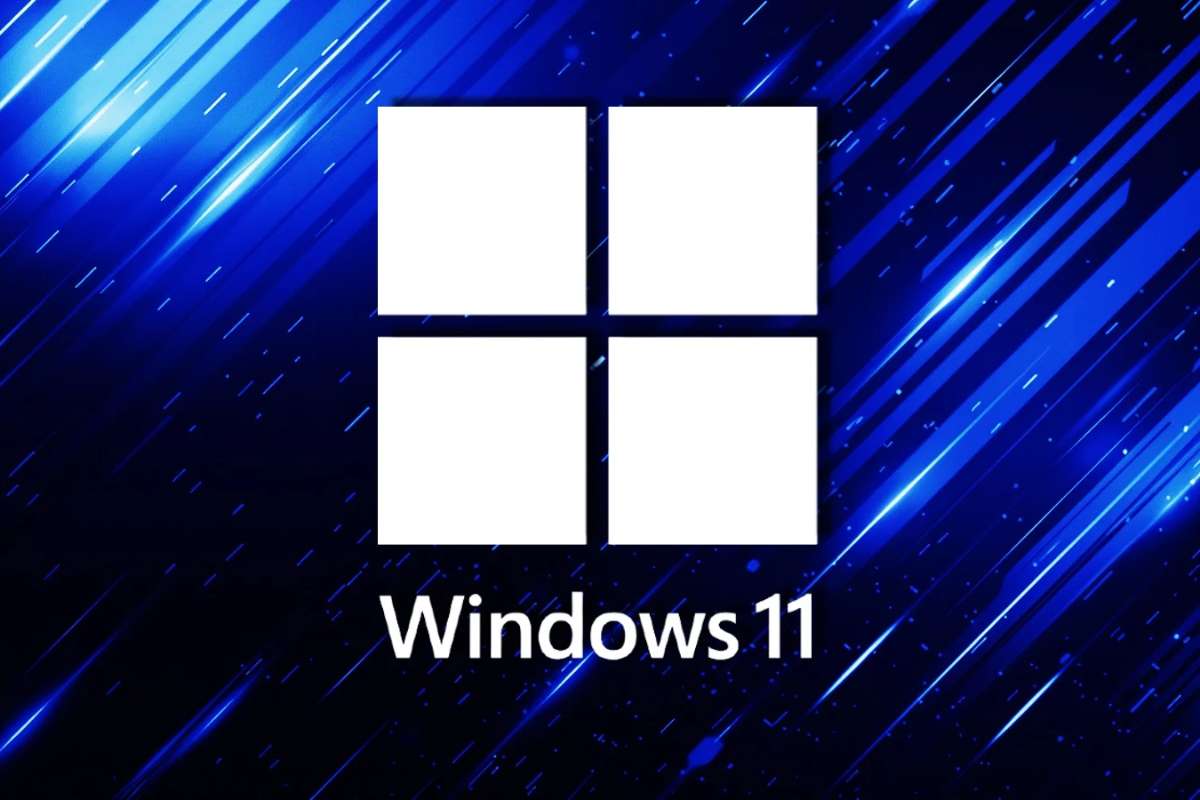Artificial Intelligence and Cybersecurity in Healthcare
During the 6th Annual “Let’s Talk Compliance” series, Jennifer Hennessy, a partner at Foley, and Barry Mathis, a principal at PYA, delved into the pressing issues of privacy and cybersecurity in healthcare. The session, now available for replay, explored the burgeoning role of artificial intelligence (AI) in healthcare. AI’s impact on the sector could lead to significant cost savings, potentially reducing U.S. healthcare expenses by 5% to 10%, equivalent to $200 billion to $360 billion annually, as per studies by Harvard University and McKinsey & Company.
A survey by NantHealth highlighted the healthcare industry’s optimism towards AI, with 99% of leaders expecting cost savings and 96% viewing AI as crucial to achieving equity goals. Additionally, 39% see AI as a means to reduce administrative burdens, and 72% trust AI to assist with non-clinical tasks. However, discussions in the session also acknowledged the potential risks that come with increased reliance on AI technologies in healthcare.
Cybersecurity and HIPAA Updates
The session proceeded to address recent and expected changes in laws and guidelines affecting healthcare cybersecurity. Notably, the U.S. Department of Health and Human Services (HHS) aims to propose revisions to the HIPAA Security Rule this year, introducing new cybersecurity in Healthcare requirements. These anticipated updates reflect the first major revisions since 2003. In 2022, HHS sought industry feedback on the implementation of “recognized security practices” under the HITECH Act, an inquiry that will influence future HIPAA Security Rule enforcement.
Barry Mathis brought up the emergence of AI-powered tools with malicious intent, such as WormGPT and FraudGPT, underscoring the need for vigilant cybersecurity measures. Additionally, the session covered the HHS’ robust enforcement of the HIPAA Right to Access Initiative, emphasizing the obligation of entities to provide individuals access to their protected health information (PHI) within 30 days of a request.
Trends in Regulatory Compliance and HHS Investigations
Lastly, healthcare organizations were advised to scrutinize their use of tracking technologies critically. It’s essential to understand how these technologies are implemented, whether information is disclosed to third parties, and to ensure alignment with federal and state regulations.
The session also touched upon recent trends in HHS HIPAA investigations. A key takeaway was the necessity for healthcare entities to conduct comprehensive risk assessments regarding the security of electronic PHI. Developing a detailed risk management plan to address any identified risks and vulnerabilities is also crucial.
In conclusion, the session highlighted the need for healthcare organizations to stay abreast of the evolving landscape of privacy and cybersecurity, especially as AI technologies become more integrated into healthcare operations. The implications of these advancements on regulatory compliance and the potential for cost savings were key discussion points, demonstrating the complex balance between innovation, privacy, and security in the healthcare industry.






